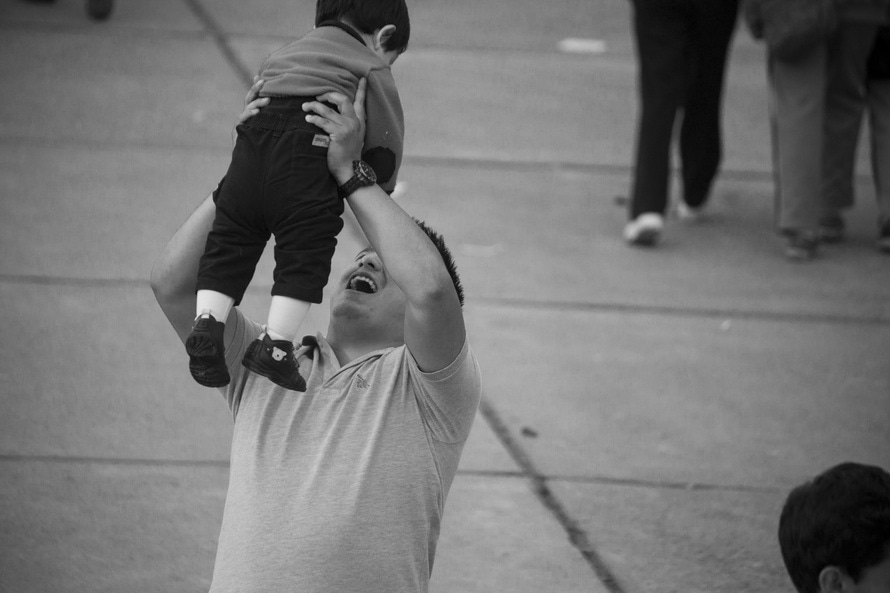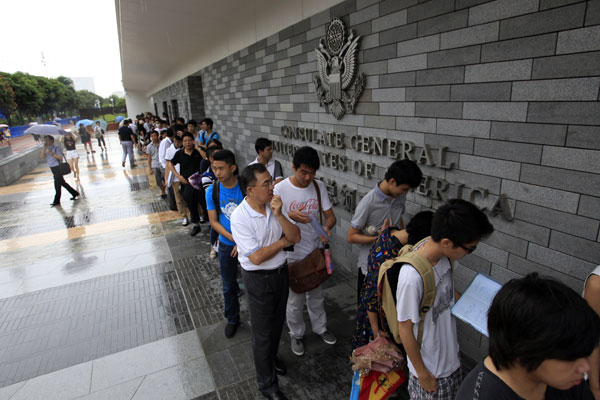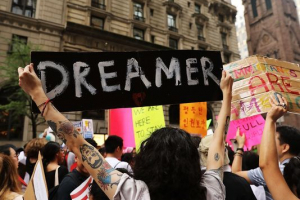On July 29, 2016, the Department of Homeland Security published a long awaited rule that will help a family member of a U.S. citizen and legal resident that has an order of deportation and never left.
In the past where a family member, a spouse, or child of a U.S. citizen, had an order of deportation and never left, the only way to become a legal resident was to make a motion to reopen the case (very difficult) or have an interview at the U.S. consulate. At the interview they would be told that they couldn’t be granted legal status unless they obtained two waivers. One waiver is for accruing more than 180 days of unlawful presence in the United States. The punishment for this activity is a bar to entry for either 3 or 10 years. The other is for the deportation order.
There has been a provisional waiver program (I-601A) in existence since 2013, which allows the beneficiary of the application to remain in the U.S. while a decision is made on the waiver application. Without this waiver, the applicant would have to wait in their home country for many months, perhaps years until a decision is made. Now, with this new waiver, the applicant has to return to his home country, but generally remains there for only 3 weeks.
A major drawback to the original 601A waiver was that it only could be used for the spouse and children of a U.S. citizen. Eligibility for the provisional waiver program will be enlarged to include all family-based and other intending immigrants who would be found inadmissible due to unlawful presence. And the qualifying relatives who will suffer the necessary extreme hardship will include both U.S. citizens and lawful permanent resident aliens (LPRs). In addition, the final regulation makes other important changes. The rule will go into effect on August 29, 2016, on which date the agency will also publish a new Form I-601A.
THE ORDER OF DEPORTATION PROBLEM
A major problem in the immigrant community is that there are many people that have been ordered to depart or granted Voluntary Departure but never left.
When the person departs the United States while a final order is outstanding, he or she executes that order. And the execution of the order makes the person inadmissible for a period of five or ten years (20 years in some situations).
There is “waiver” for the deportation called Application for Permission to Reapply for Admission into the United States After Deportation or Removal (Form I-212 ). In the past you would have to apply for this waiver after you left the U.S. creating an additional delay and longer separation of families.
The new regulation allows persons who have been ordered removed to apply for a “waiver” of this ground of inadmissibility before it becomes active because of their departure. This is done by filing the Form I-212 with the USCIS in the jurisdiction where the person was ordered removed. Before going to the consular interview. Once approved, the individual's order of removal, deportation, or exclusion would no longer bar him or her from obtaining an immigrant visa abroad. Once the approval is received, the person would then be eligible to apply for the provisional waiver (I-601A) – as discussed above.
Understand persons who were ordered deported and left and then reentered without inspection on or after April 1, 1997 triggers a separate ground of inadmissibility called the “permanent bar. This ground may not be cured through the provisional waiver process; instead the person must reside abroad for ten years and then obtain a waiver by filing a Form I-212.
Also understand that this waiver has no affect on other bars to admissibility, such as criminal case, which requires a different waiver.
These two waivers are a godsend to many families living in fear of deportation. Now they can really come out of the shadows.
For more information go to apsanlaw.com.
`









